OSS Schemes -Practical Guide for Non-EU based Suppliers

Introducing the One-Stop-Shop schemes has made tax reporting significantly more accessible for EU and non-EU-based sellers. The main benefit is the possibility of reporting different types of transactions within the categories of distance sales and cross-border provision of services, all within the scope of B2C.
With the expansion of e-commerce and the need for streamlined VAT processes, the OSS was launched on July 1, 2021, to cover a broader range of goods and services. This guide focuses on OSS schemes, with a particular reference to the Union and Non-Union schemes, from the perspective of the non-EU suppliers.
Understanding the OSS Schemes
The OSS system consists of three simplified schemes that can be leveraged and used by interested parties voluntarily. These schemes are:
Union Scheme;
Non-Union Scheme;
Import Scheme, also known as IOSS.
Union Scheme
The Union Scheme allows EU and non-EU taxable persons to declare and pay VAT on goods and services supplied to consumers across all EU Member States through a single electronic registration.
Non-Union Scheme
The Non-Union Scheme permits taxable persons established outside the EU to report their B2C cross-border supplies of services through a one-simplified scheme after registration.
Import Scheme (IOSS)
The Import One Stop Shop (IOSS) is designed specifically for collecting and paying VAT on goods imported into the EU with a value not exceeding EUR 150. It allows suppliers and marketplaces to facilitate such transactions by collecting VAT from customers at the point of sale and declaring it via a simplified return.
This scheme will be analyzed in detail in a separate guide.
Eligibility Criteria for non-EU based Suppliers
Who May Use the Union Scheme?
Non-EU suppliers without a fixed establishment in the EU can use the Union Scheme to declare and pay VAT on intra-community distance sales of goods. If an EU Member State issues a VAT number to non-EU suppliers, they can still register for the Union Scheme. Once registered, the Union Scheme should be used to report taxes on all the relevant supplies.
The VAT rate applicable to supplies is determined according to the destination rule.
Non-EU-based digital platform operators that are treated from the tax perspective as a deemed supplier can register for the Union scheme to declare and pay EU VAT on:
Intra-community distance sales of goods, and
Certain domestic supplies of goods, where the supply is facilitated through the electronic interface and the goods and the customer are located in the same Member State.
Who can use the Non-Union Scheme?
As a general rule, the Non-Union scheme can only be used by a taxable person who has not established their business and has no fixed establishment in the EU and supplies services to non-taxable persons (B2C). These non-EU suppliers can register for the Non-Union scheme in any Member State. They should follow the taxability rules concerning the place of supply according to the destination principle.
Registration
The registration process for these two OSS schemes for non-EU-based suppliers consists of several mandatory steps:
Determining the eligibility
Choosing a Member State of Identification (MSI)
Accessing the Tax Authority portal of the MSI
Filling out the registration form with the necessary information
Submitting the registration form
Receiving confirmation.
VAT Returns in OSS
Once registered for a Union or Non-Union scheme, non-EU suppliers should submit a quarterly VAT return electronically by the end of the month following the end of the reporting period.
Whether or not supplies were made during that quarter, a VAT return must be made. A nil return should be submitted if no supplies were made during a calendar quarter.
The VAT due is paid to the MSI's Tax Authority. Non-EU suppliers should ensure that the payments coincide with the submission date. The MSI may impose interest and penalties in cases of no payment or late payment. As a final penalty, businesses can be excluded from the registered scheme.
On the contrary, overpayments can be refunded, but the process and timeframe may vary across Member States.
Retention Rules and Auditing
Under the OSS system, sellers should pay close attention to retaining the mandated documents relevant to accounting and reporting requirements. The retention period for these records is ten years from the end of the year in which the transaction took place.
When the respective Tax Authority requests, these records should be available in readable electronic format. To obtain the records businesses keep the interested Member State should first file a formal request to the Member State of Identification. The MSI will inform the vendor about the request and provide detailed instructions on submitting the required documents.
These instructions include the format, transmission method, and submission deadlines. The supplier should then compile and submit the requested records electronically to the MSI, who will forward them to the MSC.
If the suppliers do not provide these records within a month of receiving a reminder from the MSI, this will be treated as persistent failure to comply with the scheme's rules and will result in exclusion from the scheme.
Conclusion
The OSS schemes significantly simplify VAT compliance for non-EU suppliers engaged in cross-border e-commerce within the EU. Both schemes streamline VAT registration, reporting, and payment processes, requiring quarterly VAT returns and detailed record-keeping.
This efficient system helps non-EU suppliers navigate EU VAT requirements more efficiently, enhancing their access to the EU market and ensuring compliance with tax regulations.
Source: EU VAT Directive, European Commission

More News from World
Get real-time updates and developments from around the world, keeping you informed and prepared.
-e9lcpxl5nq.webp)





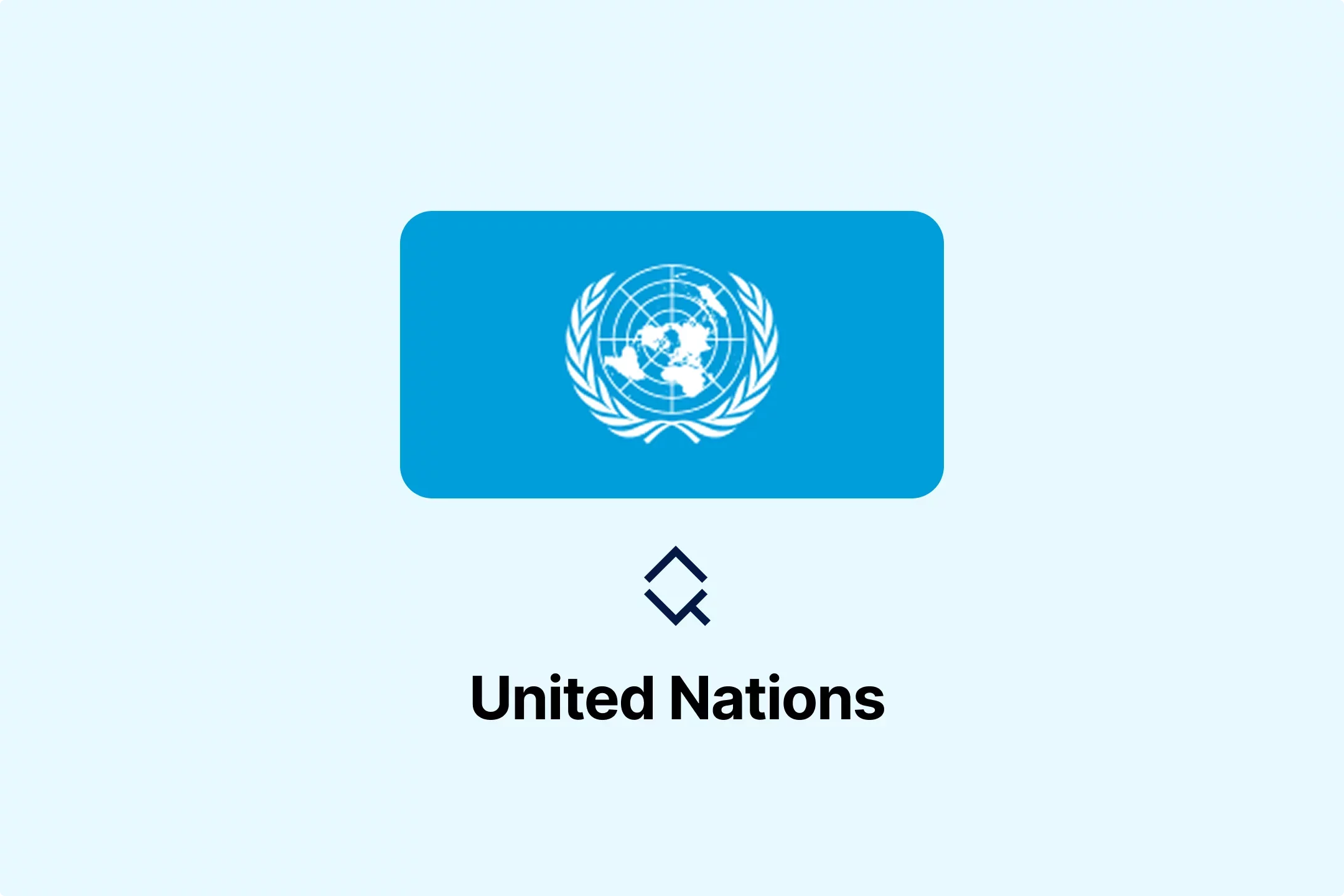
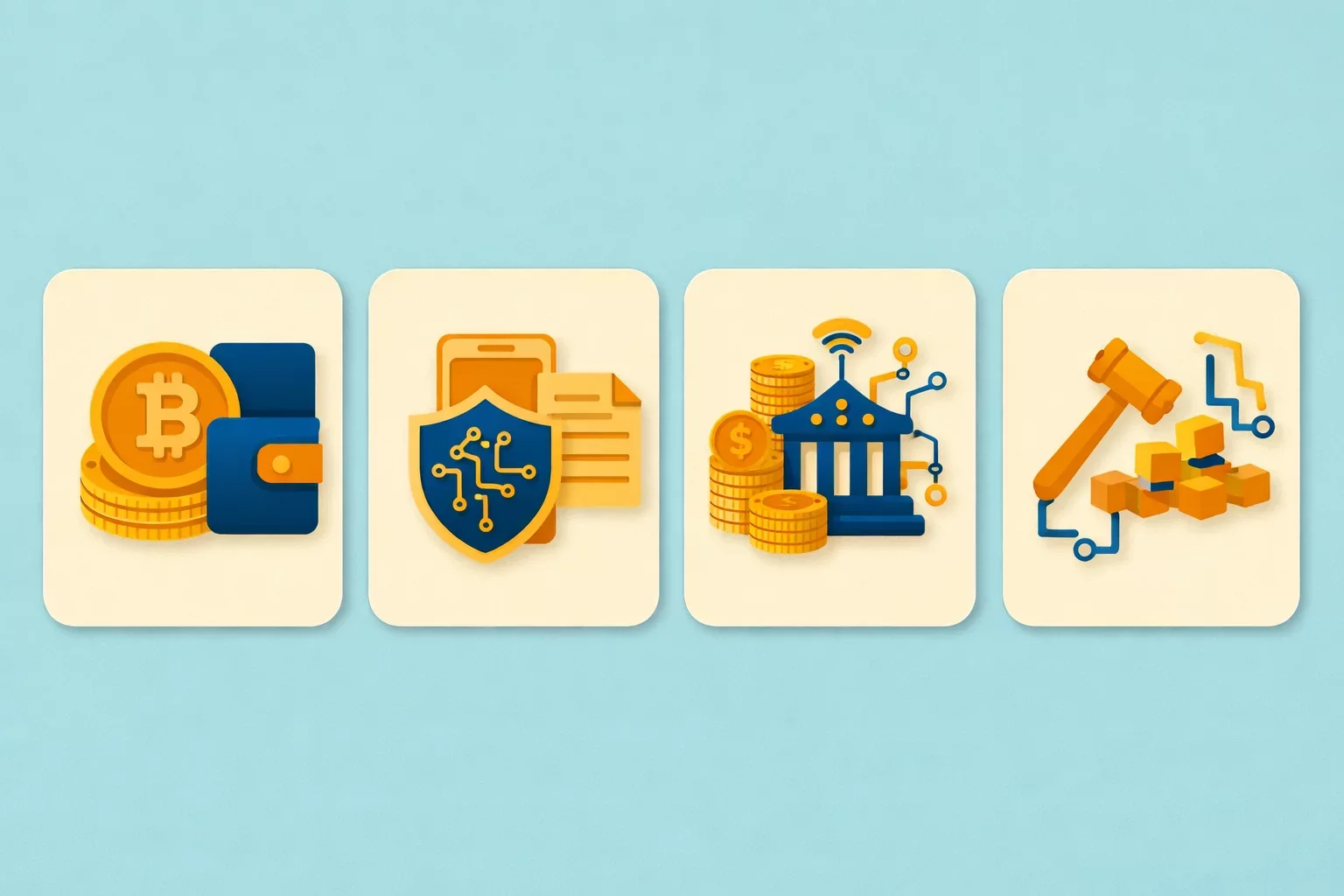
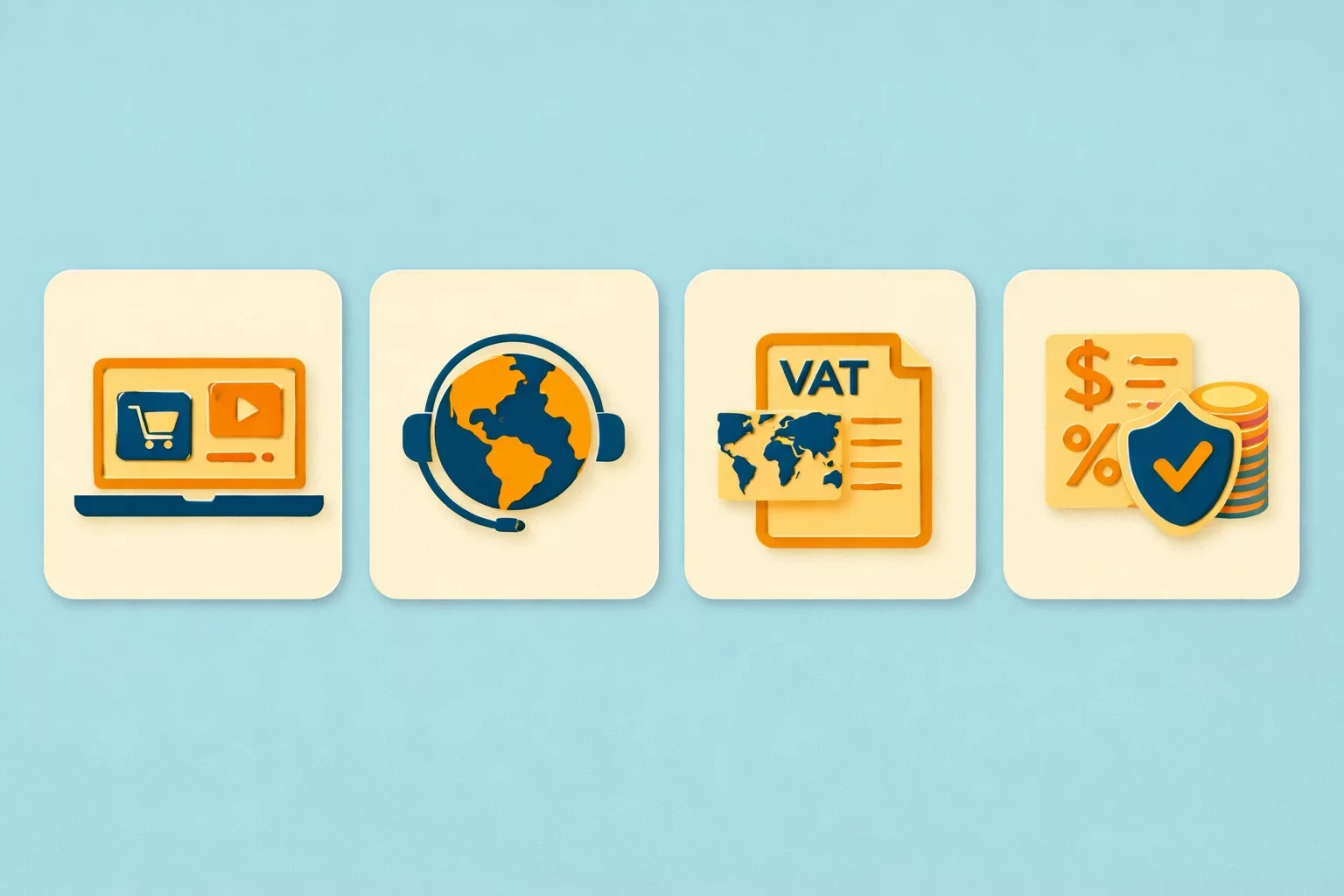
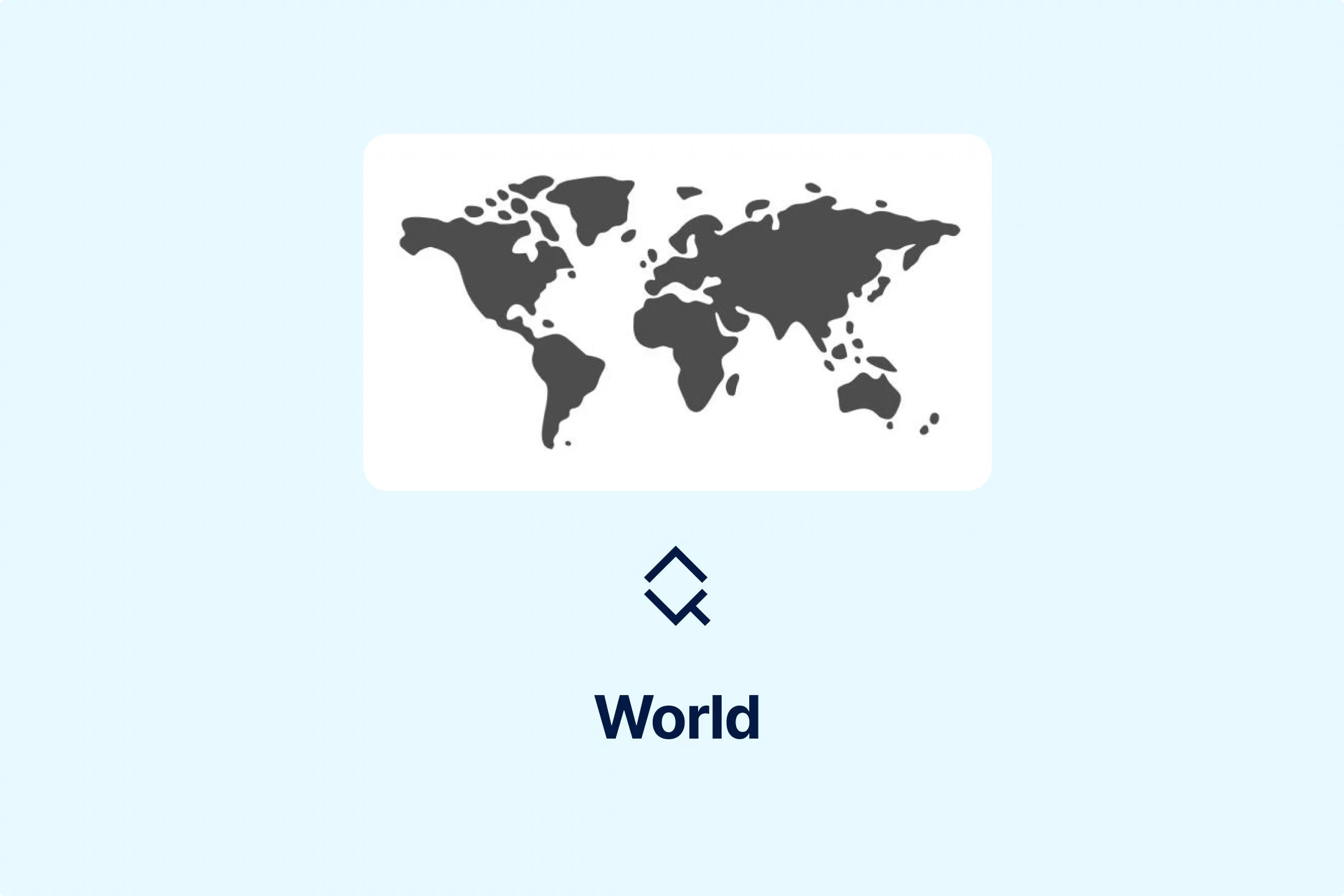
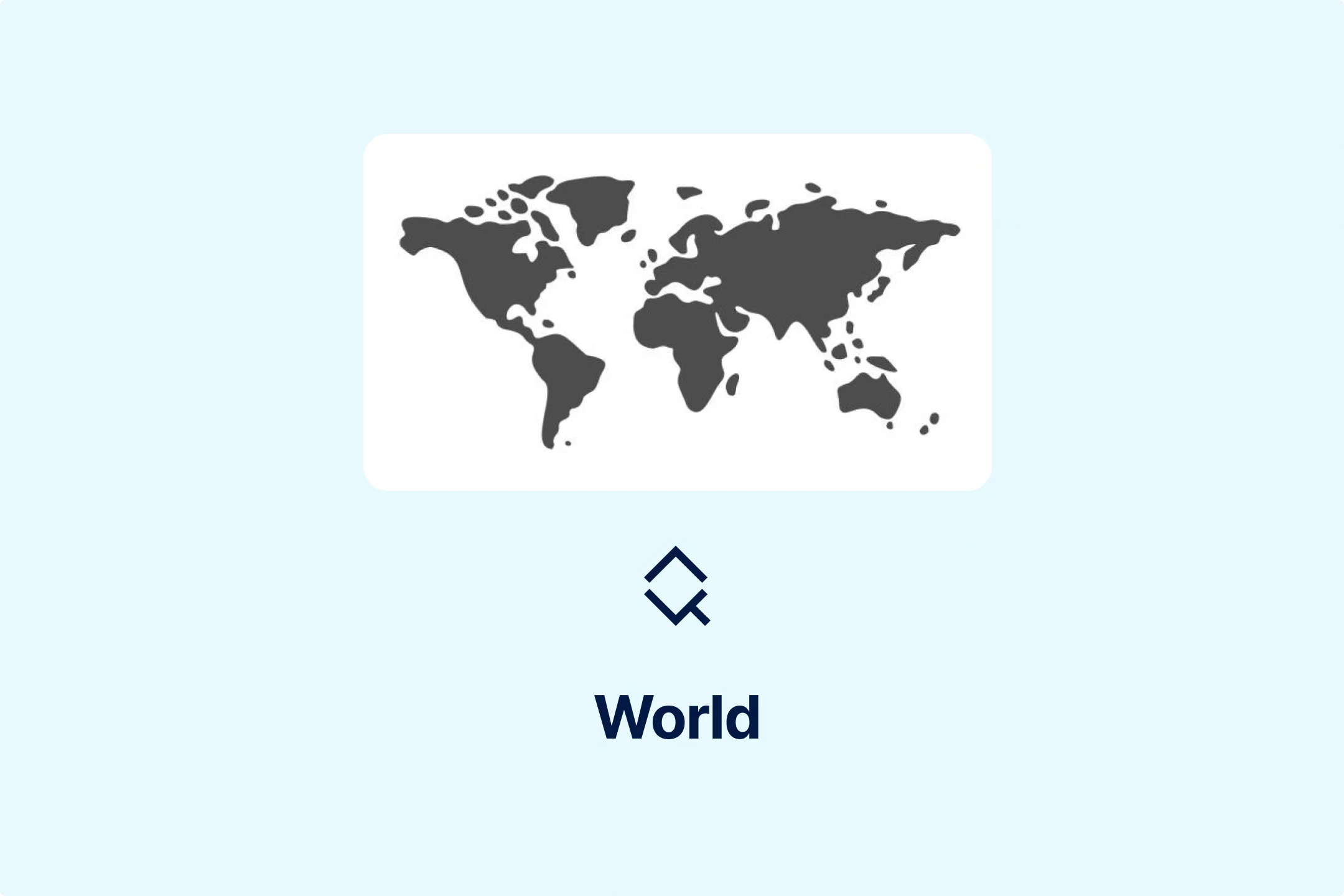
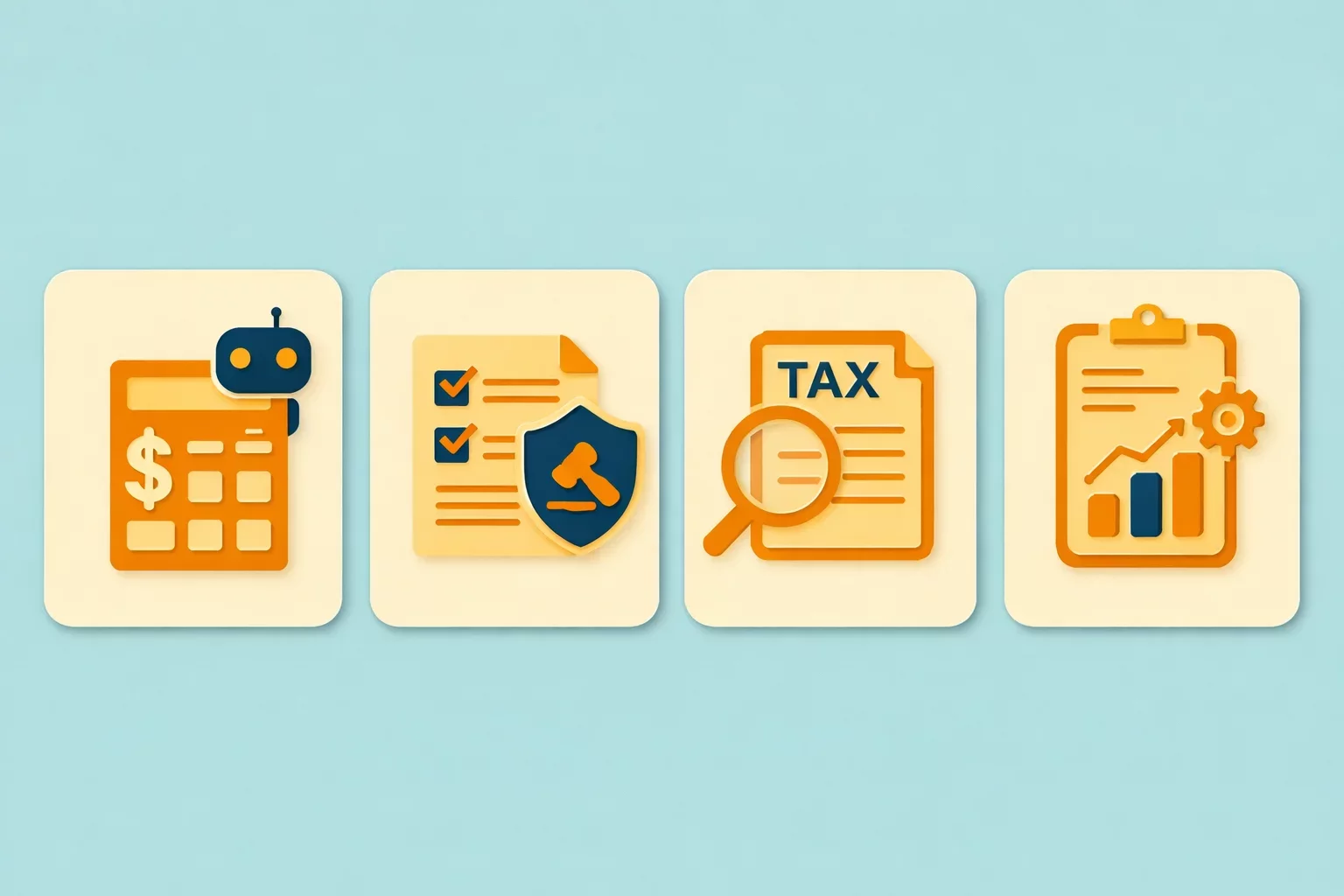


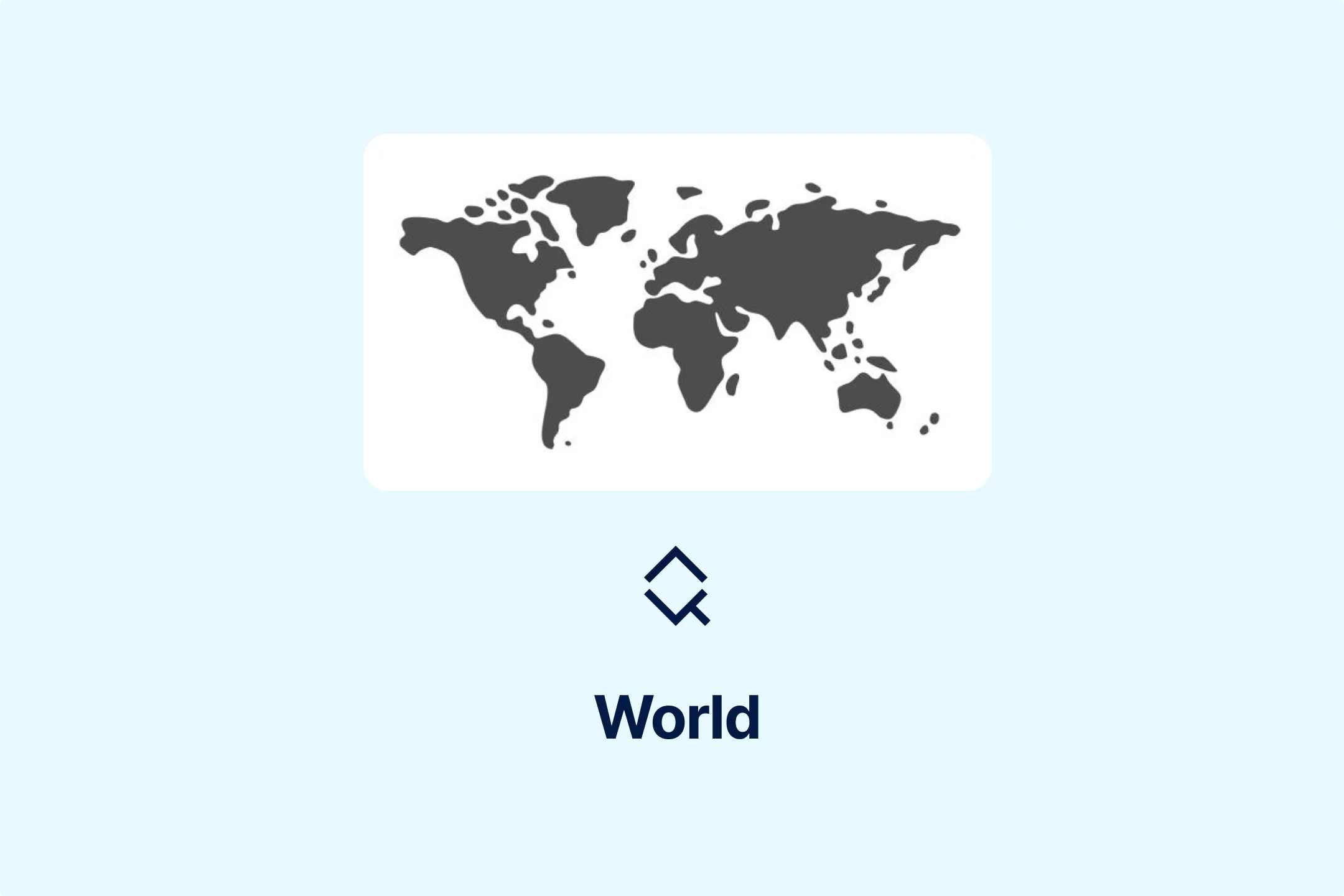
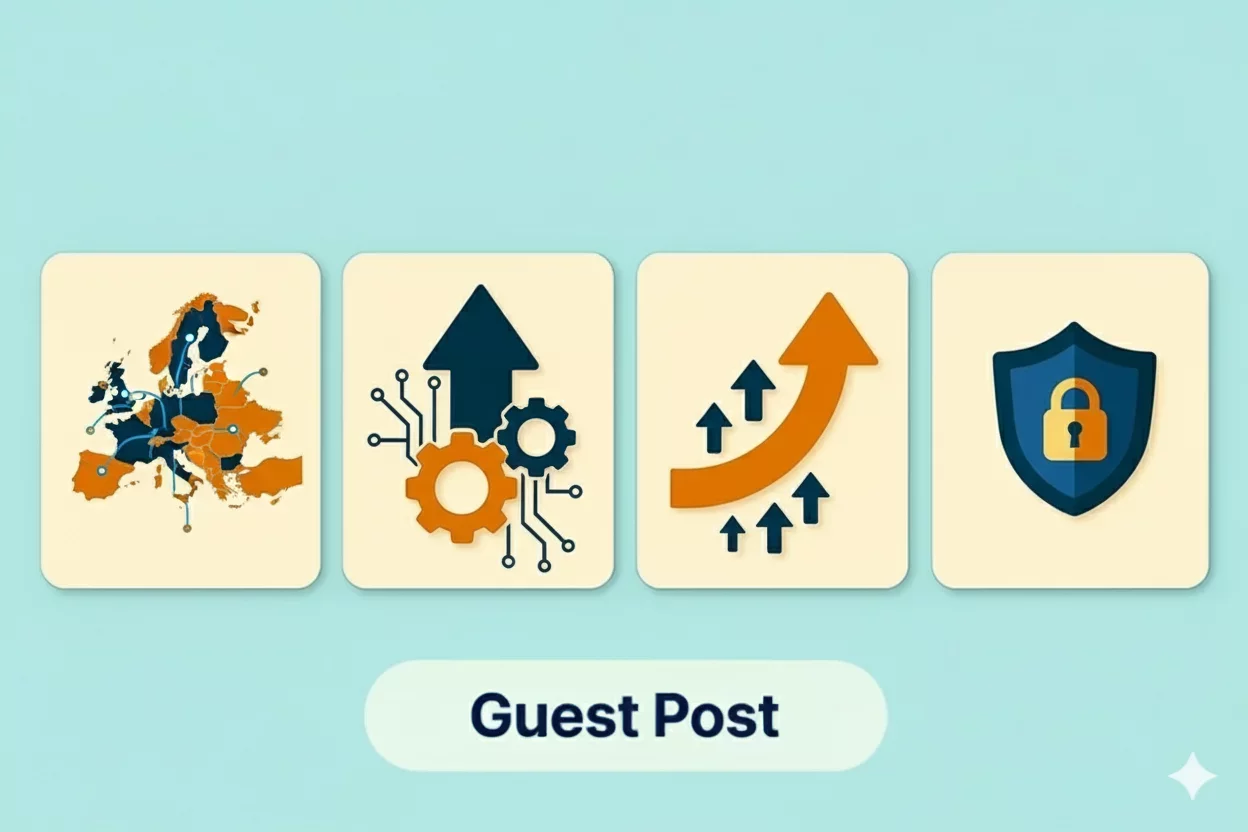

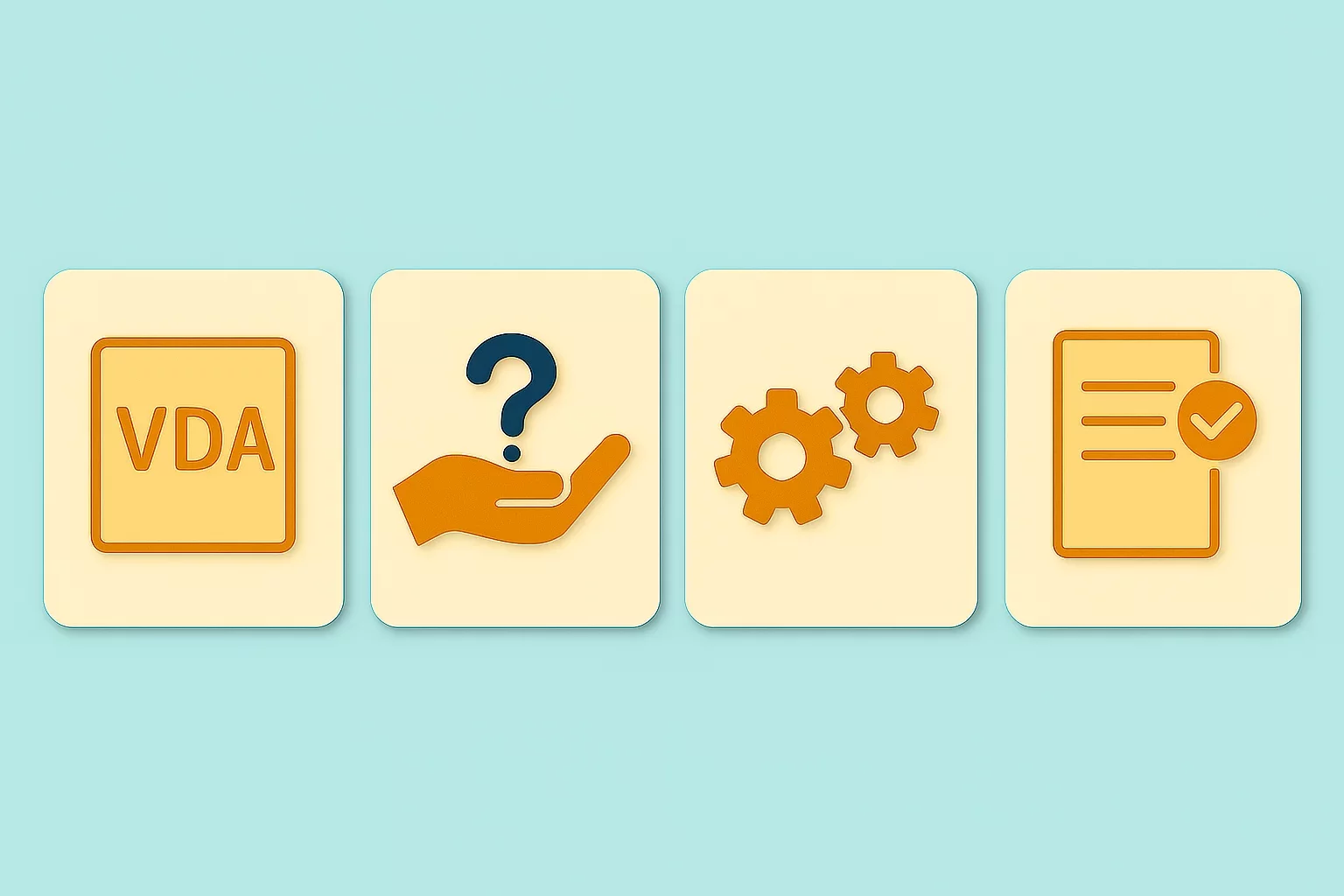


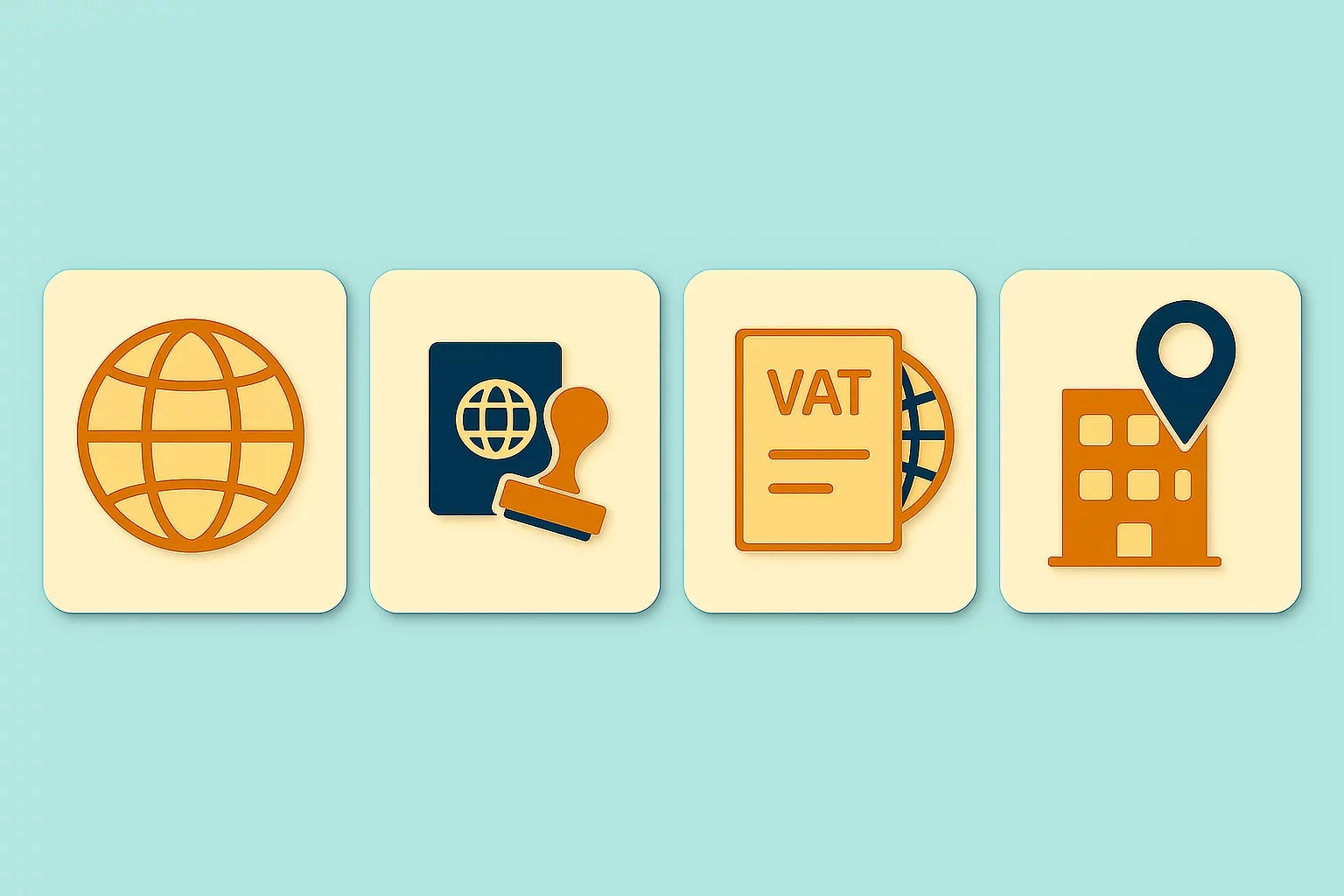
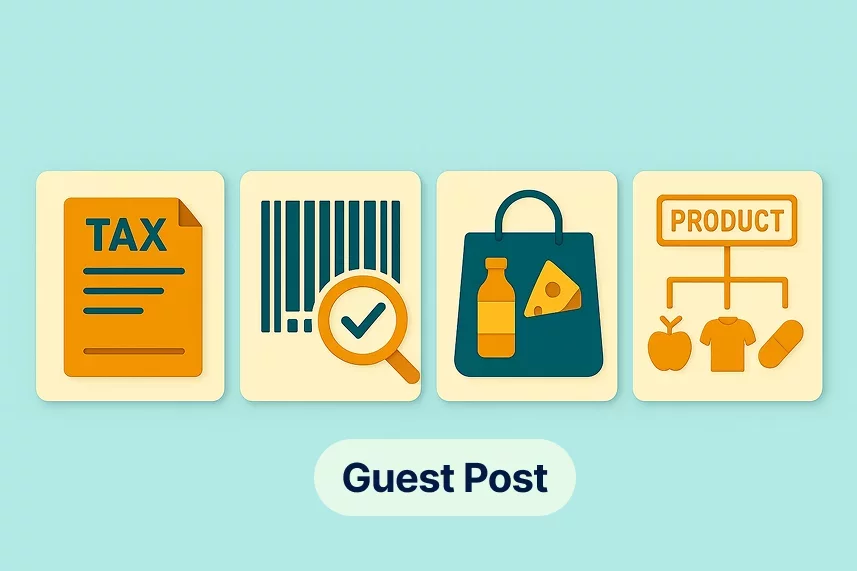
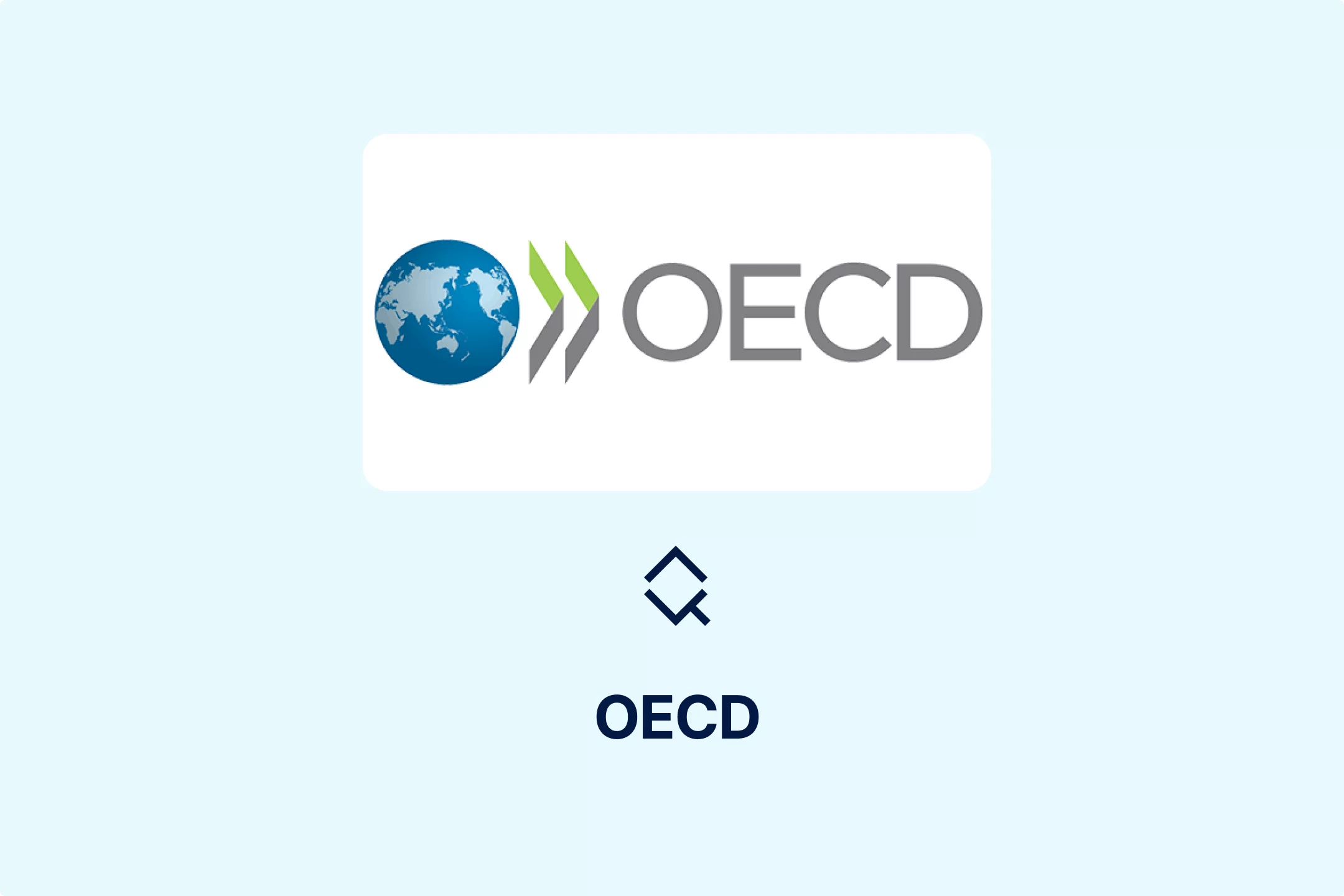











-7xdqdopxl6.webp)



-a9bz8kz2cs.webp)






























